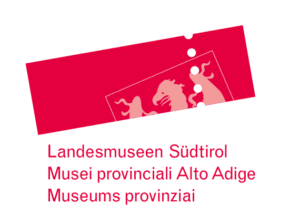Autonomous?
In a complex world, autonomy is bound to be limited. No one, no country or state, exists on its own – it forms part of a larger whole.
South Tyrol is just a dot on the world map. Even the fullest degree of autonomy does not mean complete independence.
The state safeguards its national interests, EU standards intervene in many areas of life, while global developments are reflected everywhere. This is nothing new: under the Habsburgs, decisions made in Vienna were implemented here; after the First World War it was global powers that determined the fate of South Tyrol; and it owes its autonomy to international treaties. In the UN resolutions of 1960–61, the solidarity of outsiders such as Cyprus, Afghanistan and non-aligned African states with South Tyrol was crucial.
The world’s affairs do not stop at the door of an autonomous area. Some limitations on autonomy are moreover necessary: health and environmental rules, safety standards and fundamental rights only remain effective if they take precedence over local interests.
Climate change
Gulf stream
Cybercrime
Pandemic
Schengen Area
Free Trade Agreement
National interests
Citizens’ Rights Directive 2004/38/EC
DIN standard
Highway Code
World Wide Web
ISO
€
Natura 2000
Global Compact for Migration
International Covenant on Civil and Political Rights
Euregio
The Peters projection used here gives a true-to-surface representation of the continents: unlike most world maps, it shows the realistic size of the surfaces.
